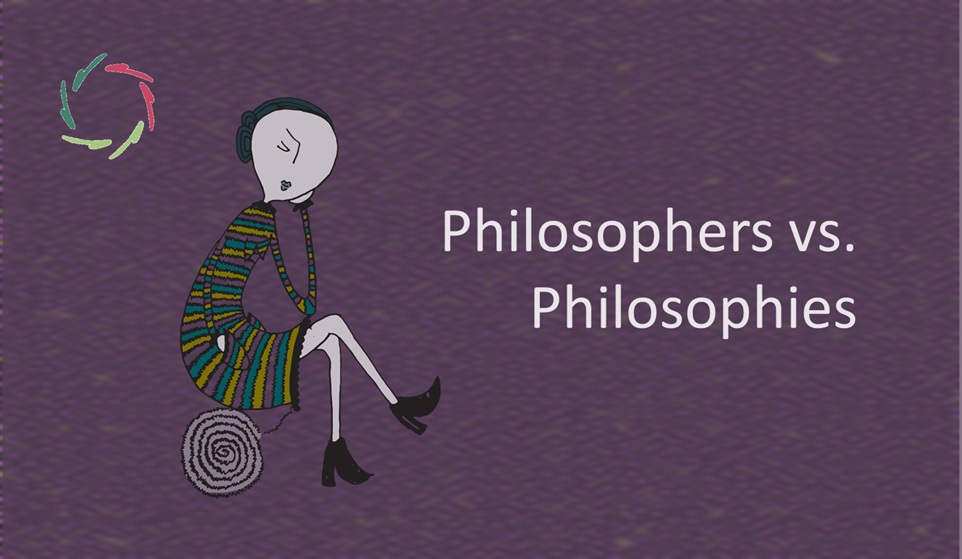When Enlightenment becomes Dark

Talking about Western Enlightenment, logically, things tend to become darker when pushing reason forward on a defunct view of the human being.
You may already know I’m talking about the subconceptual level of mental processing. If you don’t, please make sure to first read some blogs about it.
Smartness is not enough.
Being able to reason still needs basically correct insights to start reasoning from — first of all, insights into reasoning itself.
In the traditional West, reasoning very much equals conceptual reasoning. That’s why, for instance, it took a while in A.I. to get beyond that. Even so, it’s because present-day A.I. works despite what was mainstream within the same field.
Why ‘dark’?
Ill-founded reason can drive people apart from each other — each being smart enough to defend their standpoint with what appear to be reasonably insurmountable arguments.
That way, their reasoning prevents their coming together. Then, as a group, they become vulnerable within a bigger whole (a nation, the world). As a matter of fact, others are not positively impressed by all the quarreling. Unfortunately, these may conclude that reason sucks, and one may do better with nonsense.
Darkness also lies in the quarreling itself and the resources that are wasted in this endeavor, while its balance as to human flourishing may be negative in many not-so-obvious ways. As a mind=body physician, I think of the heightening degree of burnout, depression, chronic pain, addictions to hard drugs, etc., in which I see a direct causal relationship.
As a person of this world, I also see causality to many worldwide social issues. Still, we shouldn’t return to Darker Ages.
Better insights, better Enlightenment?
I’m personally convinced of that — as I’m also convinced there is still a lot of work to do in that regard. Even though a lot has been done in basic neurocognitive science, this lacks divulgence in other human sciences as well as general society.
We need more Enlightenment ― more science, more rationality, better proofs of what works in human science and what doesn’t. At present, we’re far from halfway, generally speaking. The hubris of thinking to be ‘almost there’ prevents progress – as just said – while leading to many pretty dark consequences.
Needed: humility
Basically, this is the humility that can lower the wall of merely conceptual thinking about a world that is so much richer than that.
This is mainly the humility of seeing oneself as not so much in straightforward ‘rational’ control – directly or indirectly through the intervention of the correct tools and enough money – of the biggest part of ourselves and our environment.
When lowering that wall, we can see ourselves and each other much more as who we really are. Not amazingly, that’s immensely much more interesting.
Of course, this is what Compassion, basically, is about.


